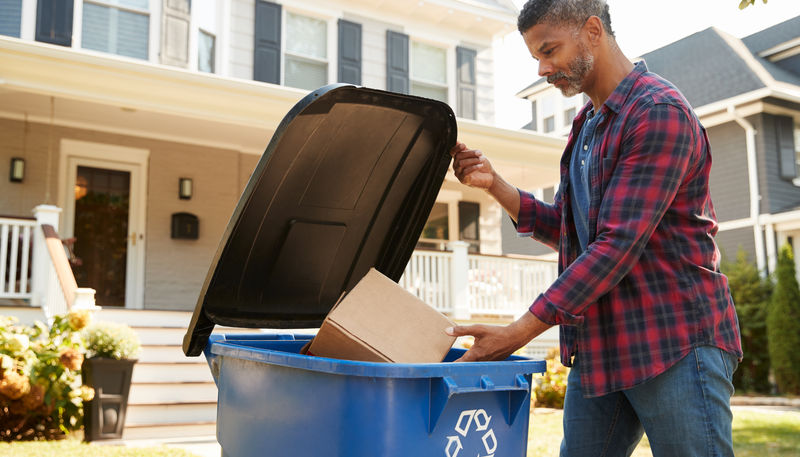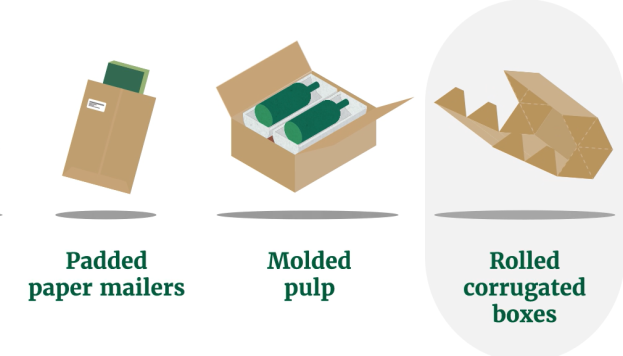What You Need to Know About E-Commerce and Recycling

Recently USA Today published a story (Blue bins overflow with Amazon and Walmart boxes. But we're actually recycling less by Elizabeth Weise) noting a minor dip in the recycling and recovery rate of what our industry calls old corrugated containers or OCC. The piece speculated that the change is due to consumers shopping via e-commerce, and that these consumers won’t recycle their boxes at the rate businesses do. It’s true that e-commerce has grown, but it still accounts for only about 10 percent of retail transactions. So, the suggestion that the consumer is the culprit is speculation at best. But perhaps more strikingly, why does Weise assume that people who prefer the convenience of online shopping are the kind of people who can’t be bothered to recycle? That’s an awfully big vote of no confidence in consumers, when we know 96% of Americans have access to some form of curbside or drop off recycling.
The fact is that an overwhelming majority of Americans have access to convenient recycling options, and that the recovery rate can be driven by other factors, including by economic and policy considerations that effect the markets for these recycled materials. People who read this article are left to ponder if buying online makes them an environmental hazard when in fact there is no evidence to suggest online shoppers won’t be diligent about reuse and recycling. So, we’ve amended the piece in order to better inform the public, adding much needed context and facts.
Take a look. And remember, paper material is recyclable and reusable. In a time of so much uncertainty, we can each make a positive contribution with one simple act - placing our recyclables in the bin.






